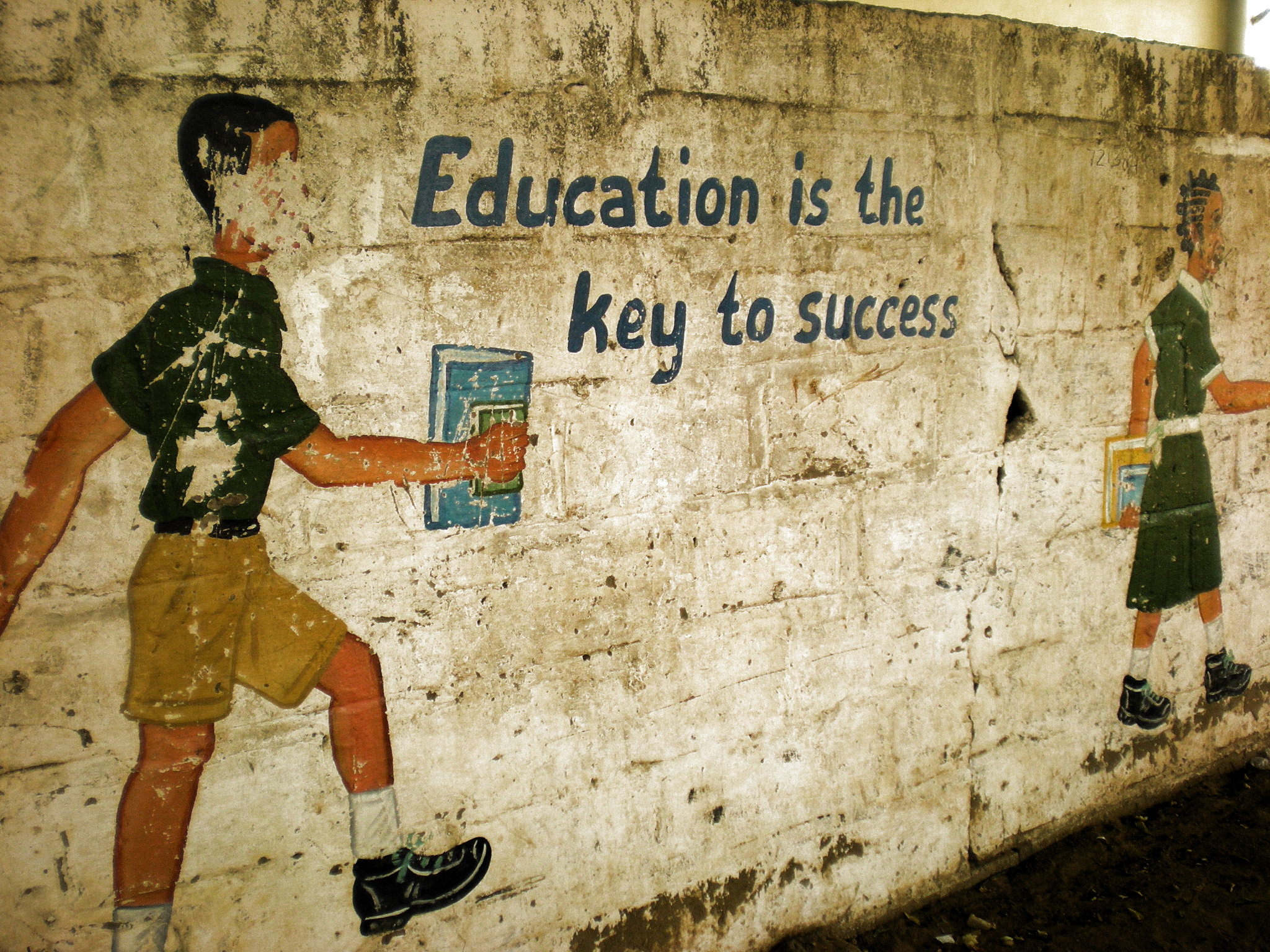Whether you’re entering humanitarian or development work at the start of your career, or as a career change, or you’ve been working in the sector for a little while, there’s always a lot to learn. Fortunately, there’s a smorgasbord of online courses to help you build your knowledge base. All you need is your computer and, best of all, many of them won’t cost you a dollar. These courses won’t substitute for an undergraduate or Master’s degree, or actual experience in the field. But they’ll help to give you the basic knowledge to build on through further study or in the workforce, and you could include them on job applications.
These are just five of the many options at your fingertips:
Health in humanitarian crises
Length: 3 weeks, around 4 hours of study per week
Cost: Free (USD 69 for a certificate)
Who runs it: the Health in Humanitarian Crises Centre at the London School of Hygiene and Tropical Medicine, which draws on the collective experience of researchers and humanitarian workers from NGOs, the UN and governments to look at health issues affecting people in humanitarian crises.
Topics include:
· The main health needs of people in humanitarian crises.
· The challenges of healthcare delivery in crises.
· The needs of particular groups such as people with disabilities, the elderly, and women and girls.
· Humanitarian principles and codes of conduct.
Most relevant for: Anyone studying health or development, or those already working in healthcare, particularly in developing countries.
See here for more info.
Humanitarian communication: addressing key challenges
Length: Around 14 hours of study
Cost: Free (USD 49 for a certificate)
Who runs it: University of Geneva
Topics include:
· As you’d guess from the name – the main challenges of communication in humanitarian settings and how to address them
· How to implement a communications plan in a humanitarian emergency
· Ethical issues
· Body language and dealing with stakeholders
Most relevant for:
· Communications assistants or managers
· Public relations specialists
· Journalists
· Translators
See here for more info.
Introduction to humanitarian aid
Length: 2 weeks, around 3 hours of study per week
Cost: Free
Who runs it: Deakin University in Australia
Topics include:
· The history of humanitarian aid
· The principles and values behind humanitarian action
· Who are the different actors in the system and how do they fit together
· Looking at the different merits of global vs local humanitarian action
Most relevant for: People who are interested in learning more about humanitarian issues and those already working in the sector.
See here for more info.
The Sustainable Development Goals – A global, transdisciplinary vision for the future
Length: 3 weeks, 2-4 hours of study per week
Cost: Free (USD 49 for a certificate)
Who runs it: University of Copenhagen
Topics include:
· The history of sustainability and the Sustainable Development Goals (SDGs) – what are they and how can we measure progress towards achieving them
· A focus on SDG 13 which is about taking urgent action to combat climate change and its impacts
· An up-to-date understanding of the human impact on earth
· Managing those human interactions with the climate system, under the United Nations Framework Convention on Climate Change (UNFCCC)
Most relevant for: Students and employees interested in learning more about climate change and sustainability, and the political action needed to address these challenges.
See here for more info.
The Changing Global Order
Length: About 18 hours in total, suggesting 4-7 hours per week
Cost: Free (USD 49 for a certificate)
Who runs it: Leiden University in the Netherlands
Topics include:
· How international power dynamics are changing and how global peace and security can be maintained
· The role of organisations or alliances such as the European Union, NATO, the African Union, the International Criminal Court and the UN Security Council
· A bonus guest lecture given at Leiden University by the High Representative of the EU for Foreign Affairs and Security Policy and Vice President of the European Commission, Federica Mogherini
Most relevant for:
· Translators
· Lawyers
· Public Relations Specialists
· Social Workers
· Writers


